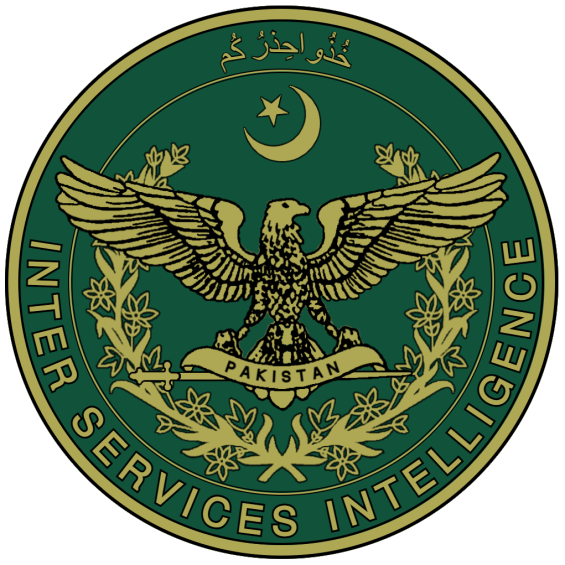Role and Influence of ISI Pakistan in National Security

Introduction
The Inter-Services Intelligence (ISI) of Pakistan is one of the world’s most powerful and influential intelligence agencies. Established in 1948, the agency plays a crucial role in Pakistan’s national security framework, shaping the country’s military and foreign policies. As the geopolitical landscape in South Asia evolves, ISI’s role garners increased scrutiny, particularly concerning its missions and operations related to regional stability and counter-terrorism.
Functions and Structure of ISI
ISI primarily focuses on intelligence collection, covert operations, and counter-intelligence. The agency operates under the jurisdiction of the Pakistan military and collaborates closely with other military and civilian intelligence agencies. ISI’s structure is hierarchical, led by a Director-General who is appointed by the Prime Minister from among the three armed forces. This structure allows the agency to execute its objectives effectively, aligning closely with the military’s strategic goals.
ISI in Geopolitical Context
In recent years, ISI has been pivotal in shaping Pakistan’s foreign policy, particularly concerning its adversarial relationship with India and the evolving dynamics in Afghanistan. The agency has been accused of supporting militant groups which are said to operate in Kashmir against Indian forces. The impact of these actions extends beyond the borders of Pakistan, influencing regional security and international relations. Additionally, with the US withdrawal from Afghanistan, ISI’s role in navigating the new climate of relations with the Taliban has become crucial.
Domestic Challenges and Controversies
Despite its strategic importance, ISI has faced domestic challenges and controversies. Allegations of human rights abuses and involvement in political manipulation plagued its image, leading to calls for accountability and reform within the agency. The broader implications of these controversies affect not only Pakistan’s civil-military relations but also the country’s international standing. There are growing concerns that a lack of transparency and accountability could hamper the agency’s effectiveness in combating genuine threats.
Conclusion
The Inter-Services Intelligence of Pakistan remains a linchpin in the country’s national security strategy. As geopolitical tensions persist and new threats emerge, ISI’s capability to adapt and address these challenges will be critical. The agency’s actions will undoubtedly influence regional dynamics in South Asia, and understanding its operations is essential for analysts and policymakers alike. In the coming years, how ISI navigates both external pressures and internal challenges will shape Pakistan’s future on the international stage.









